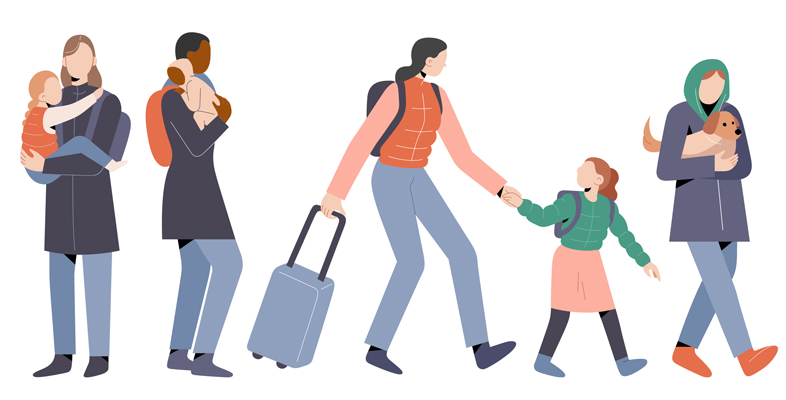6.1 The asylum process
It is important that people applying for asylum seek expert legal advice and get help and support when making a claim. UK Visas and Immigration (UKVI) has a range of powers to control and limit the freedom of those seeking asylum, which include: detention, fingerprinting, no-choice dispersal to another part of the UK, return to a safe third country, denial of mainstream welfare rights, denial of the right to work, and, ultimately (if the application is refused), the power of forced removal.
Asylum seekers who may have fled their homeland without any documentation will often face difficulties in proving their asylum claim. Trauma, language difficulties and the complexity of the process place considerable hurdles in the way of achieving a successful outcome. Not all asylum seekers are eligible for support from UKVI; in particular, support may be withheld where an application for asylum was not made at the earliest possible opportunity. The provision of accommodation and financial assistance, where available, comes with stringent conditions attached, and is restricted to subsistence levels. The rationale for this is to deter illegitimate claims, but its effects can lead to social isolation, forced dependence and, for those who fail to qualify or have their financial support from UKVI withdrawn, destitution.
Optional reading
The Asylum Support Appeals Project [Tip: hold Ctrl and click a link to open it in a new tab. (Hide tip)] has published a practical information guide for refugees and asylum seekers; information is also available from the Refugee Councils for England, Scotland and Wales.
